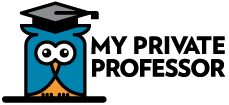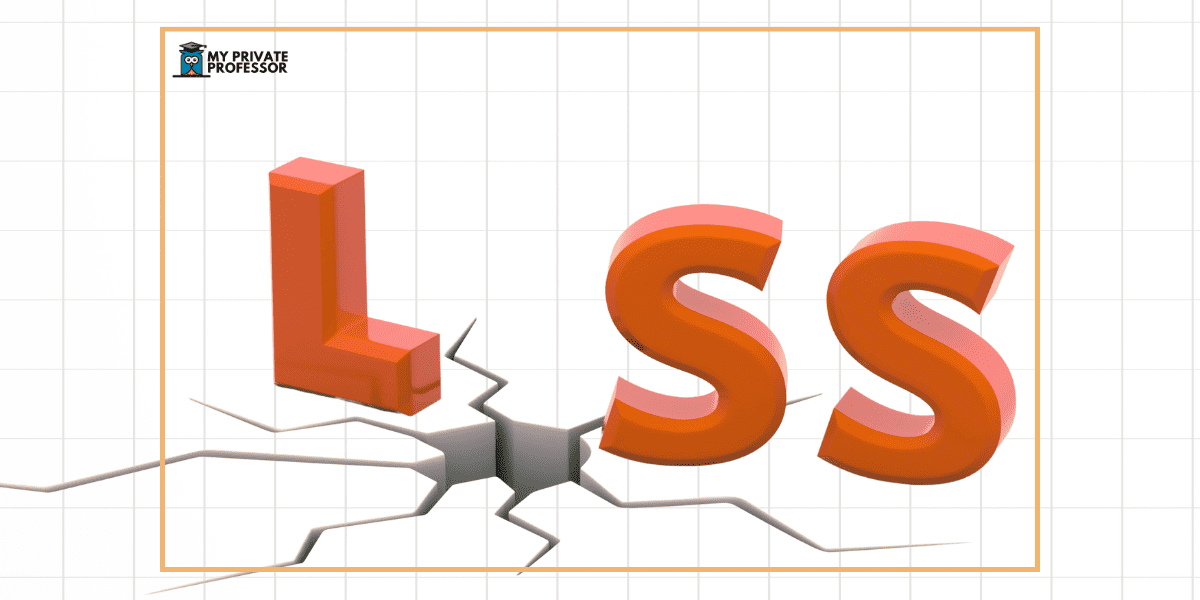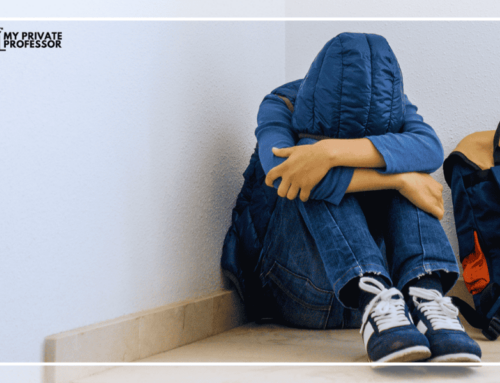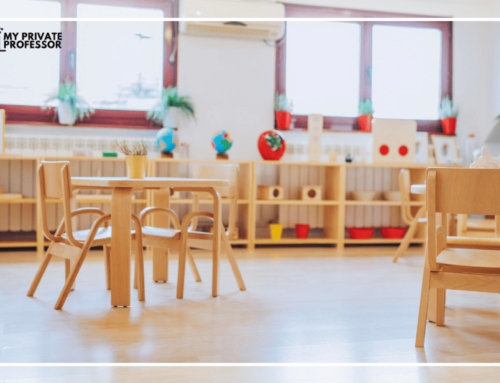In our post-pandemic world, have we been too quick to turn our backs on the devastating, long-lasting pandemic-related learning losses? Specifically, it seems, many of us don’t realize how significantly these learning losses continue to negatively impact students’ learning.
- In 2020-2021, a majority of parents in the U.S. believed that the pandemic was hurting their children’s education.
- But by the fall of 2022, only a quarter of them thought their children were still behind, according to Pew Research.
- One study even found that, in the fall of 2022, more than 90% of parents believed that their child either had or would soon catch up in school.
However, the data on the impact of pandemic learning losses says otherwise.
The current state of learning losses
A global analysis of the impact of educational disruption caused by the pandemic analyzed data from 15 countries (including the U.S.). The results suggested that the challenges that arose due to remote learning and other pandemic stresses were not remedied when schools reopened.
A 2023 survey of 8,000 communities in 40 states and Washington D.C. found that, between 2019 and 2022, the average student in U.S. public schools in grades 3-8 lost the equivalent of half of a year of learning in math and a quarter of a year of learning in reading.
The researchers also looked at data over the prior decade to see how students typically recovered from learning disruptions, finding that schools can’t just naturally bounce back. Specifically, they found that affected students recovered 20-30% of lost learning in the first year, but made no further recovery in the next 3-4 years.
According to Thomas Kane, the faculty director for the Center of Education Policy Research, children have resumed learning, but for the most part, at the same pace as prior to the pandemic. However, Kane notes, communities where the pandemic losses impacted students the most would have to teach 150% of a typical year’s worth of learning material for three consecutive years in order for students to catch up.
Students need supplemental academic support
Evidently, amping up instructional time to this extent isn’t possible for most schools. So clearly, districts that have suffered the major learning losses need to adjust their recovery strategies in order to get students back on track.
As Kane explains, it’s incredibly tempting—for students, parents, and teachers—to just get back to normal as quickly as possible. But the fact is, doing so will not only prevent students from catching up, but could push them back even further.
Thus, it’s vital to implement tutoring strategies, additional academic content over the summer, and academic after-school programs.
Meanwhile, it’s also important to note that students didn’t only have academic losses. Students had to fully adjust to a completely new learning environment (remote learning). So the return to in-person school means readjusting all over again—which means that students are balancing trying to get back on track both academically and socially. Evidently, it’s much easier said than done..
Disproportionate effects on low-income and minority students
As the research shows, learning losses hit some students harder than others. Specifically, those from low-income backgrounds and minority students were disproportionately affected by pandemic-related learning losses.
How My Private Professor can help mitigate students’ learning losses
As research shows, tutoring can be an effective tool to address learning losses and help students get up to speed.
In 2020, a meta-analysis of 96 tutoring studies found that tutoring could assist students with reclaiming up to 15 months of learning gains.
In 2021, researchers from Brown University’s Annenberg Institute for School Reform found that consistent tutoring sessions can advance learning by 2 to 10 months.
Although research continues to highlight the fact that tutoring can effectively help students combat learning losses, not enough students are receiving this resources. In fact, a 2023 Chalkbeat report found that, in many of the nation’s largest school districts, fewer than 1 in 10 students got any tutoring early this year.
My Private Professor (MPP) seeks to uplift students by offering one-on-one online tutoring through a national network of tutors from top schools around the country.
Through offering our services, we help take some of the pressure off teachers’ and administrators’ shoulders. As we know, there are only so many hours in the day, and teachers can only do so much before they reach a breaking point.
Considering the absurd number of teacher shortages around the country, it’s important for third parties like ourselves to step in and provide support.
My Private Professor prioritizes supporting students who face unique challenges
In addition, we know that some students are more in need of support than others.
At MPP, we always go back to our core mission: empowering as many students as possible. And we know that this means acknowledging that not all students have the same resources and privileges. And as it seems, the amount of privilege a student has can significantly affect their outcome in school—as meaningful, educational resources (or lack thereof) can really be a game changer.
That’s why we’ve made it one of our goals to positively impact and uplift students experiencing homelessness and in long-term foster care (LTFC). We recognize that the instability that these students experience can create unique challenges when it comes to getting the academic support and resources necessary to succeed.
As noted, the pandemic hit students of color more significantly (in terms of learning loss) than white students. Meanwhile, students of color experience homelessness or housing instability at a higher proportion than white students.
So we’re determined to use our resources to help—and we do this through our “Give-Back” business model. For EVERY tutoring hour, we earmark a portion of funds for supporting students experiencing homelessness and/or in LTFC.
We’ve been grateful to partner with communities who share our commitment to supporting these students, including South Asian Helpline and Referral Agency (SAHARA) and Illumination Foundation.







